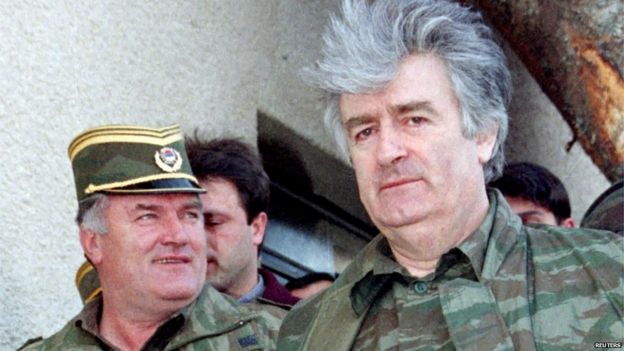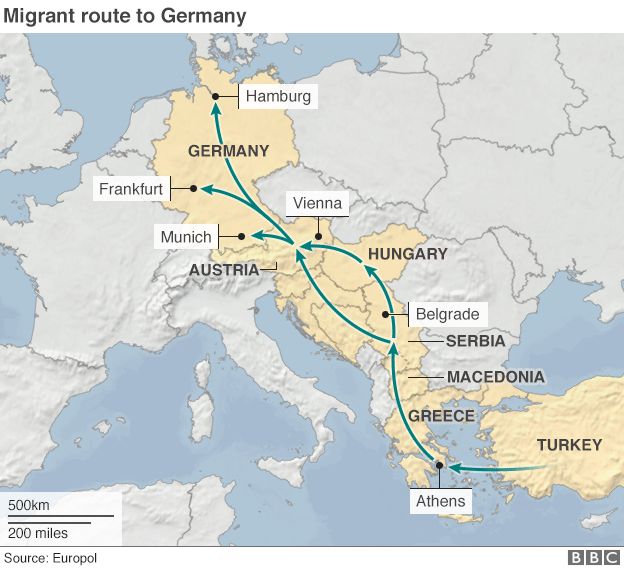France begins Syria surveillance flights ahead of possible strikes
France carried out its first surveillance flights over Syria on Tuesday to prepare possible attacks on Islamic State (IS) group jihadists, Foreign Minister Laurent Fabius said.
"These surveillance flights will determine what action can be taken when the time comes," Fabius told reporters.
The reconnaissance flights were carried out by two of France’s Rafale fighter jets equipped with photo and video cameras, a French military source told the AFP news agency.
“Two Rafales left the Persian Gulf this morning and have just returned,” the source said.

It follows President François Hollande’s announcement Monday that France would soon begin surveillance flights over Syria, saying the intelligence gained from the flights would be used to determine if France would go ahead with airstrikes against IS group targets in the country.
Hollande said he wanted to find out "what is being prepared against us and what is being done against the Syrian population".
The move represents a major shift in France’s strategy in Syria. The country is part of a coalition of nations carrying out airstrikes against the jihadist group in neighbouring Iraq, but Paris has so far shied away from extending its bombing mission to Syria.
The fight against terrorism needs to be carried out at home, but also in the places where it is entrenched,” Hollande said.
However, he ruled out sending ground forces to Syria, saying such a move would be “ineffective and unrealistic”.




